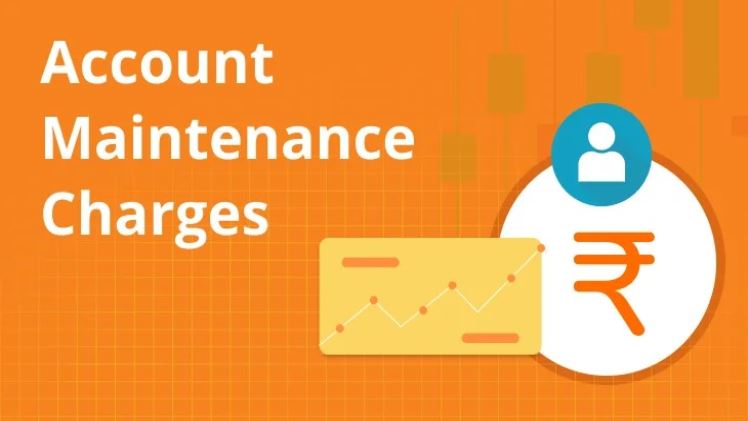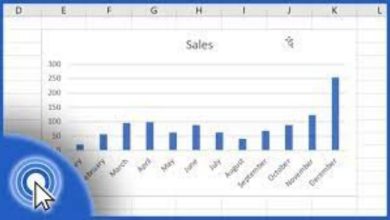Demat Account Charges Explained: What Every Investor Should Know

Demat accounts have become an indispensable tool for investors, offering a seamless and secure way to hold and manage securities in electronic form. However, while demat accounts provide numerous benefits, they also come with associated charges that investors need to understand. In this article, we’ll delve into demat account charges, providing a comprehensive explanation to ensure that every investor is well-informed, with a focus on optimizing investments such as Tata Steel share price.
Understanding Demat Account Charges
Demat account charges encompass various fees levied by depository participants (DPs) for the services they provide in maintaining and managing demat accounts. These charges typically include:
This is a one-time fee charged by DPs for opening a demat account. The demat account charges may vary depending on the DP and the type of account being opened and then you can check more on Tata Steel share price.
The next demat account charges is the AMC, which is a recurring fee charged by DPs for maintaining the demat account on an annual basis. It covers administrative and maintenance services provided throughout the year.
Next demat account charges is the transaction account. These charges are incurred for every transaction executed through the demat account, including buying, selling, and transferring securities. Transaction charges may vary based on factors such as the value and type of securities traded according to the Tata Steel share price.
The other demat account charges include DPs that can levy additional charges for services such as pledge creation, account statement requests, and account closure. These charges are typically applied on an ad-hoc basis and may vary depending on the DP’s fee structure.
Key Considerations for Investors
It’s essential for investors to compare the fee structures of different DPs to find the most cost-effective option. Consider factors such as account opening charges, AMC, transaction charges, and other ancillary fees when evaluating different DPs and Tata Steel share price. Transaction charges can vary significantly depending on the DP and the type of securities being traded. Investors should carefully review transaction charges to ensure that they understand the cost implications of their trading activity. Some DPs may offer value-added services such as research reports, personalized investment advice, and portfolio management services. Investors should evaluate whether these services align with their investment needs and objectives, and consider their cost-effectiveness.
Monitoring Account Activity: Regularly monitoring demat account activity and reviewing account statements can help investors identify any unauthorized charges or errors. Reporting any discrepancies to the DP promptly can help ensure that investors are not paying more than necessary.
Impact on Tata Steel Share Price
As investors navigate demat account charges, they may also consider their impact on investments, including stocks like Tata Steel. Changes in demat account charges, particularly transaction fees, can influence investors’ trading behavior and overall market liquidity. For example, higher transaction charges may deter frequent trading, potentially impacting Tata Steel share price movements and trading volumes.
Conclusion
Demat account charges are an essential aspect of investing that every investor should be familiar with. By understanding the components of demat account charges, comparing fee structures, evaluating value-added services, and monitoring account activity, investors can navigate the fee structure effectively. With a clear understanding of demat account charges, investors can optimize their investments and achieve their financial goals, including maximizing returns on investments such as Tata Steel share price.



